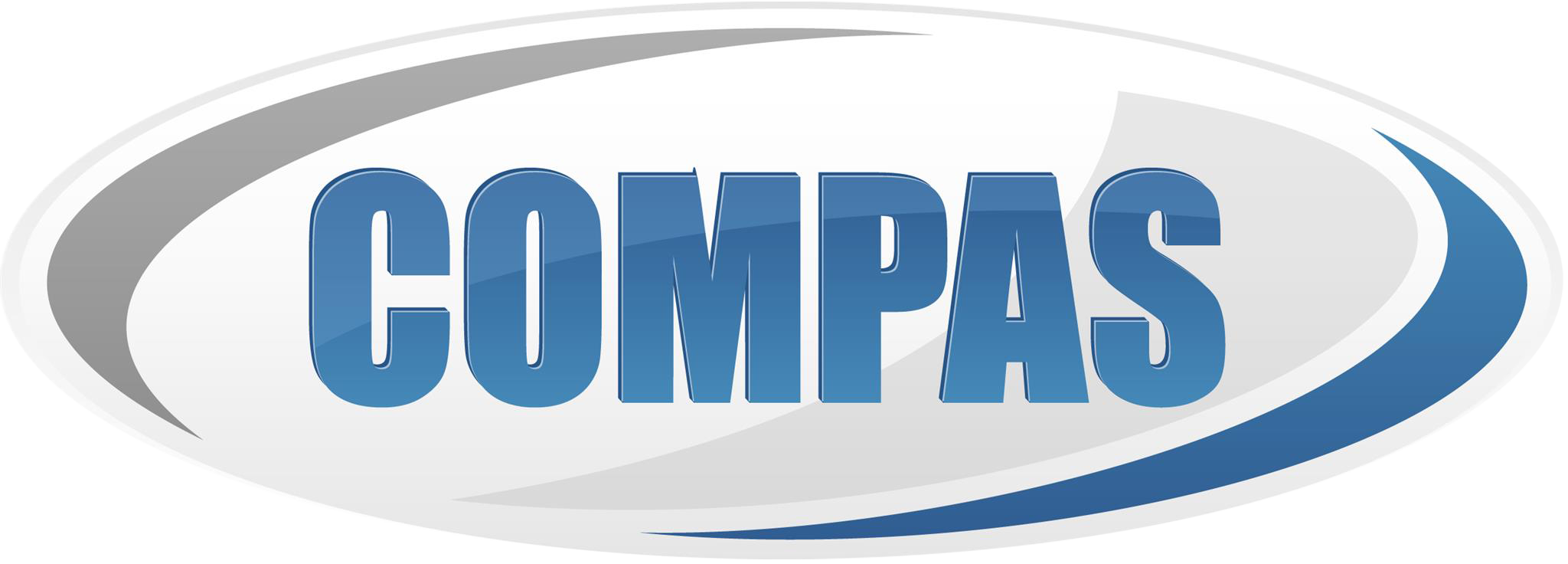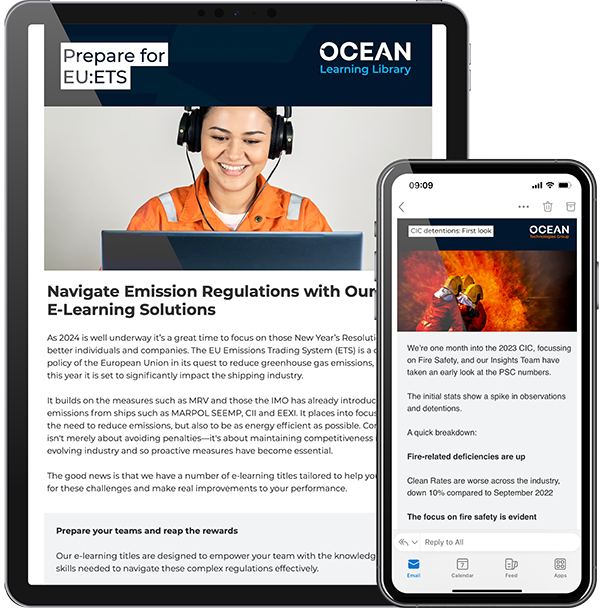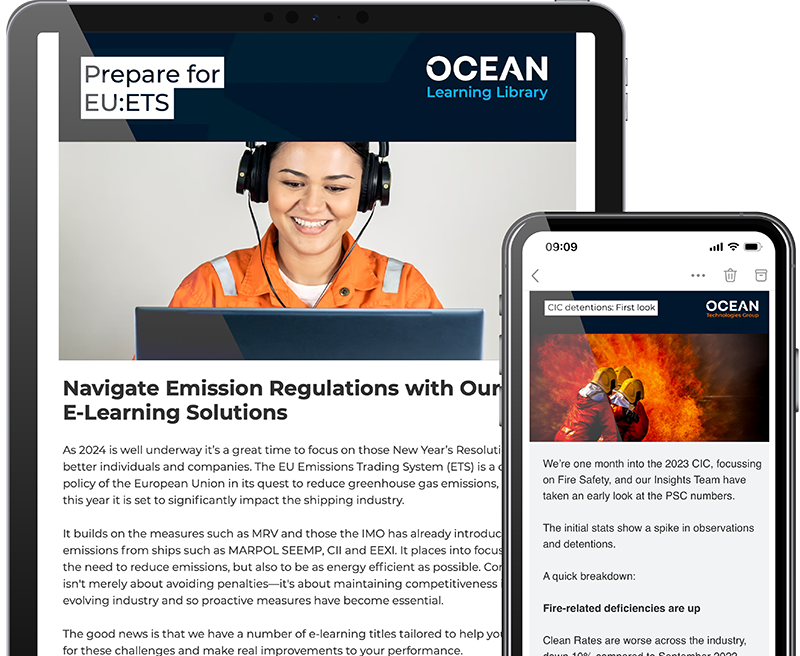Improving Maritime Crew Retention
The pressure on maritime HR, crewing, and recruitment teams has never been higher. Even before the onset of the pandemic, competent and qualified personnel were in increasingly short demand. Attracting and retaining top talent is a constant battle in an increasingly competitive market.
At a recent Future Skills Maritime, Cornel Ciocan, founder of the COMPAS Crew Management system and CEO of Ocean Crew, drew on his experience helping teams serve the crews of over 5000 vessels and his background working in crewing in London and Singapore to outline the three key areas that impact crew retention.
(It’s not) all about the money
The go-to factor impacting someone’s decision to join or remain at a company is the amount of money exchanged for their labour.
However, it is not only the money that goes directly into the pocket that a seafarer is considering. Benefits, such as pensions and medical cover for the seafarer and their dependants, factor into the decision to join a company. Family health cover is standard for people working ashore but not common for those working aboard.
Space to grow
Seafarers want visibility of their career path. Knowing what they need to do to increase in rank, increase their responsibilities, or possibly transition to a job ashore in the future can all contribute to a crewperson’s willingness to remain at a company.
Having access to training, whether on-the-job, in a classroom or online, demonstrates that a company invests in their career progression. Seafarers who feel that their employers support their growth and provide them with the resources and opportunities reward those opportunities with loyalty and a strong work ethic.
Company culture
The modern seafarer thrives in a culture of fairness and respect. Conversely, a strong hand drives people away. Young seafarers want to be seen as a partner, a valued employee that is being invested in and supported by the company they work for.
Appraisals are a powerful, low-cost tool for increasing employees’ happiness and one that seafarers highly value. For maximum impact, appraisals need to be S.M.A.R.T., fair and unbiased and provide constructive feedback to the employee.
Ability to plan
Seafarers, like everyone else, want job security and know where their next paycheque or what their next assignment will be. The desire for certainty and stability sees seafarers favour companies that provide higher clarity around contract lengths and enable them to plan their next move.
Companies that provide better clarity over where, when, and with whom a seafarer’s next assignment will be, are rewarded with higher retention and a more motivated workforce.
Unwanted contracted extensions
Leaving COVID to one side, as this is an exceptional event that has required extraordinary measures to be taken, Cornel highlights last-minute contract extensions as something that negatively impacts an employee’s impression of an organisation and their decision to join a vessel run by a company in the future.
Contract extensions have a negative impact on fatigue and the crew’s effectiveness. Cornel states that after extending a contract for an extra “two months onboard, a crewperson will be 50% less productive”. Fatigue also impacts the safety and broader mental health of the crew.
Replacing crew, sourcing new personnel, or sending people for training at short notice will almost always have a higher price tag. With proper planning from a managed talent pool, companies can understand and meet their future needs by proactively making training and recruitment decisions – reducing their costs.
Social and cultural drivers
From the crewmates someone works with, through to connectivity and the food served for dinner, the onboard experience impacts a crewperson’s impression of a ship and plays heavily in their decision to join or stay with a company.
Having like-minded people onboard positively impacts a seafarer’s experience and retention. Cornel says that the previous mindset of maximising the number of nationalities aboard to keep people focussed on their work instead of clubbing together now has a negative result. Often, the greater the mix of nationalities on board, the more difficult it can be to get the best from teams. Investing in initiatives to improve crew cohesion benefits both employer and employee. For example, providing English language training equips crew with a common language, helping them communicate better in their role and enabling them to integrate and interact with their crewmates more easily.
Connectivity continues to grow in importance, particularly for the newer generation of seafarers. Having access to the internet, staying connected to friends and family back home, and having enough data for entertainment when not working, is one of the most significant factors impacting the newer generation’s decision to join or return to a ship or company.
—
How much weight each factor has will undoubtedly vary person-to-person and will be influenced by their current level of experience, where they are from, and even by role. Maritime HR teams that consider these drivers build sustainable recruiting, maximise retention, and lower overall recruitment costs.

Crew management
Our crew management solutions, powered by Netvision-Compas, remove administrative burdens from maritime HR and crewing teams, providing them more time to support the personnel they manage.

COMPAS
Crew Management System
Anyone can buy good steel, it’s the people that make a difference COMPAS is the most comprehensive maritime HR platform in the world today, meeting the crew management needs of any ship manager, offshore oil, gas, and alternative energy operator.

Subscribe to our Newsletter
Stay connected with our guides, insights, news and more.

